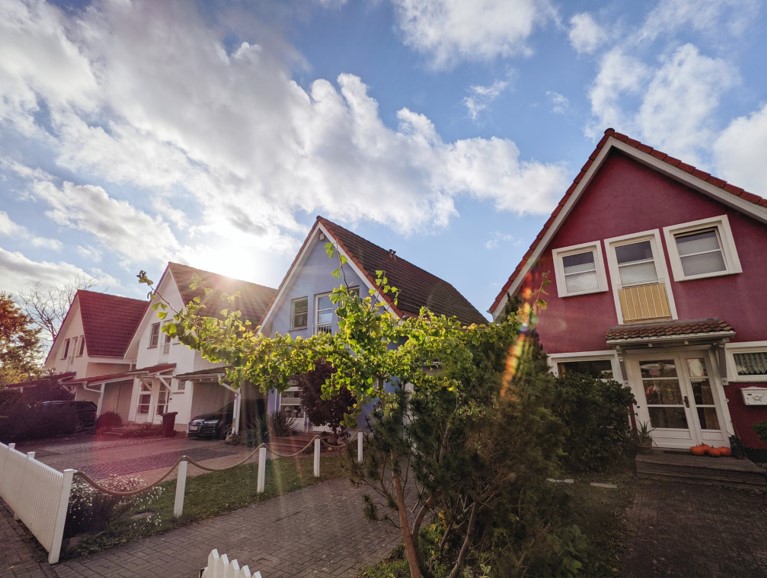Effective property management and roof maintenance are crucial for maintaining the value and functionality of your property. Neglecting these areas can lead to costly repairs and diminished property value. Here are practical advice to help you stay on top of both aspects.
Get a Professional Help
For complex roof issues or when you’re unsure about the extent of the damage, getting professional help is essential. Experienced roofing contractors have the expertise and tools to diagnose and address problems that may not be immediately visible. When it comes to professional help, roof inspection services in LA can provide thorough assessments and expert recommendations to ensure your roof is in optimal condition. They can provide a thorough inspection, offer repair solutions, and ensure that any work done meets industry standards.
Understand the Importance of Roof Maintenance
Regular roof maintenance is key to preventing major issues. A well-maintained roof protects your property from water damage, structural problems, and energy loss. Inspect your roof at least twice a year and after severe weather events. Look for missing shingles, leaks, or signs of wear. Addressing these issues early can save you from expensive repairs down the line.
- Prevents Water Damage: A well-maintained roof ensures that water is properly directed away from your property. Leaks and pooling water can lead to significant damage, including mold growth and structural deterioration. Regular inspections and maintenance help identify and fix vulnerabilities before they result in costly repairs.
- Extends Roof Lifespan: Regular upkeep, such as cleaning and minor repairs, can significantly extend the life of your roof. Roofs that are neglected tend to age faster and require replacement sooner. By addressing minor issues promptly, you can maximize the lifespan of your roofing materials and avoid premature replacement.
- Improves Energy Efficiency: A well-maintained roof plays a crucial role in your property's energy efficiency. Proper insulation and ventilation help regulate indoor temperatures and reduce energy bills. A damaged roof can lead to heat loss or gain, increasing your heating and cooling costs. Regular maintenance ensures that your roof continues to support energy efficiency.
- Protects Property Value: A roof in good condition enhances the overall value of your property. Potential buyers are more likely to be interested in a home with a well-maintained roof, which can also impact the sale price. Regular maintenance not only preserves your property’s value but can also be a key selling point if you decide to move.
Keep Gutters and Downspouts Clean
Clogged gutters can lead to water backup and damage to your roof and property. Ensure that gutters and downspouts are clear of debris like leaves and twigs. Clean them regularly, especially during the fall when leaves are plentiful. Installing gutter guards can also help reduce maintenance by keeping out large debris.
Address Repairs Promptly
When you notice any damage, address it immediately. Small issues, like a missing shingle or a minor leak, can quickly turn into major problems if left unattended. Hire a reputable contractor for repairs and avoid DIY fixes that may not last. Prompt repairs help extend the lifespan of your roof and maintain the integrity of your property.
Monitor the Roof’s Age
Roofs have a limited lifespan, usually ranging from 15 to 30 years, depending on the materials used. Keep track of your roof's age and plan for replacement when it nears the end of its expected life. Even if your roof appears to be in good condition, it’s wise to prepare for replacement to avoid unexpected issues.
- Track Installation Dates: Record the date when your roof was installed and note the type of materials used. Knowing the age of your roof helps you anticipate when it might need replacement. This proactive approach allows you to budget for a new roof and avoid surprises.
- Understand Material Lifespans: Different roofing materials have varying lifespans. For example, asphalt shingles typically last 15-20 years, while metal roofs can last 40-70 years. Familiarize yourself with the expected lifespan of your roofing material to better gauge when it might need replacing.
- Watch for Age-Related Problems: As your roof ages, it may start showing signs of wear and tear such as curling shingles, granule loss, or decreased energy efficiency. Regular inspections become more critical as the roof ages, allowing you to address these issues before they lead to major problems.
Integrate Roof Maintenance with Property Management
Effective property management involves coordinating roof maintenance with other aspects of property care. Ensure that your property management plan includes regular roof inspections and maintenance. Keep detailed records of inspections, repairs, and any issues that arise. This approach helps you stay organized and ensures that your property remains in top condition.
Maintaining your roof is an essential part of property management that requires regular attention and prompt action. By understanding the importance of roof maintenance, conducting regular inspections, keeping gutters clean, addressing repairs quickly, monitoring the roof's age, and integrating maintenance with property management, you can protect your property and avoid costly issues. Prioritize these steps to ensure the longevity and value of your property.










